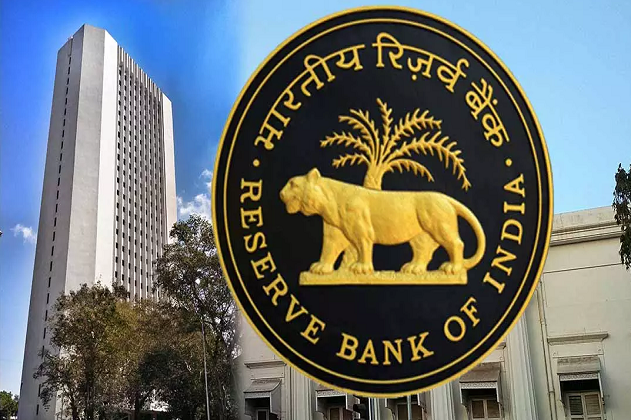OPS: RBI says that restoring the OPS will increase the financial burden of the states. This decision can create a problem of unfunded pension liabilities in the coming years.
Old Pension Scheme: The demand for restoring the old pension scheme is being made on behalf of government employees of many states along with central employees. Accepting the demands of the employees, old pension (OPS) has been restored in many non-BJP ruled states. The governments of Rajasthan, Chhattisgarh, Himachal Pradesh, Punjab and Jharkhand have started giving the benefit of Old Pension Scheme to the employees. But the Reserve Bank of India (RBI) has warned against this decision of the state governments.
Restoring OPS will increase financial burden
RBI said that restoring the OPS will increase the financial burden of the states. Through ‘State Finances: Study of Budget of 2022-23’ (State Finances: A Study of Budgets of 2022-23), the central bank said in its report that this step is a big risk for the future. This decision can create a problem of unfunded pension liabilities in the coming years. RBI said, there is a possibility of change in the old pension scheme from some states.
Central Government informed
The Government of Chhattisgarh, Rajasthan, Himachal Pradesh, Punjab and Jharkhand have informed the Central Government about the decision to restore the Old Pension Scheme (OPS). These governments had promised to restore the old pension in their election manifestos. After this, political tussle is going on between non-BJP and BJP ruled states. RBI said that the annual saving in fiscal resources due to the move to restore the old pension is short-term.
This is how funding is done in OPS
Let us tell you that in 2004, the BJP-led NDA government had abolished the Old Pension Scheme (OPS) from April 1, 2004. Instead, the National Pension Scheme (NPS) was introduced. Under this, government employees give 10 percent of their basic salary in pension. In this, 14 percent is contributed by the government. Private sector employees are also included in NPS.
Experts say that the old pension is not fiscally sustainable. This is a responsibility that continuously increases the burden on the exchequer. Earlier, former RBI governor D Subbarao also spoke a lot about the negative effect of OPS.


